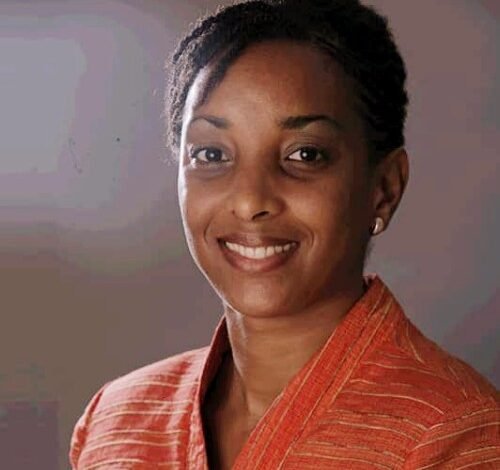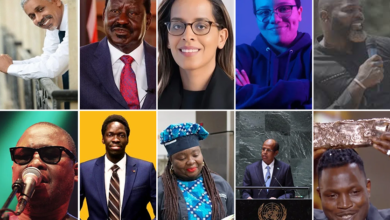Dr Linda Nanan Vallée Samaké: “Artificial intelligence is not a novelty – let us act with boldness, common sense, and vision”
In this Cart’Afrik, Dr. Linda Nanan Vallée Samaké challenges the common perceptions of artificial intelligence. Far from being a new technology, AI requires a bold approach rooted in sovereignty, education, ethics, and policy continuity if Africa is to fully harness its transformative potential. By Dr Linda Nanan Vallée Samaké*

For several years now, artificial intelligence (AI) has been widely discussed across Africa and the world—almost to the point of forgetting that it is not a “new information and communication technology.” While the term may have first been used in the 1950s, it could well be older—and in any case, that’s not the point.
The statistical methods and research in computer science, neuroscience, and other fields that paved the way for AI date back much further. The mathematical foundations underlying many modern AI techniques—probabilities, vector and matrix manipulations, gradient descent, etc.—are far from new.
Moreover, AI is not a novelty, and it stubbornly resists any universal definition. Interpretations vary significantly from person to person, from one website to another. One of the most popular AI platforms today defines AI as “the ability of a machine to simulate human cognitive functions such as learning, problem-solving, and decision-making.” Even that definition can be challenged, refined, and improved.
Is AI merely a sub-discipline of computer science? A hybrid field at the crossroads of multiple domains? Can it even properly be called “intelligence”? Philosophers themselves are still debating it.
One thing is certain: after several “AI winters,” the technology is now flourishing. This resurgence is driven by the exponential growth in available data, computational power, and statistical techniques—provided that change management is optimally implemented.
More and more countries are adopting national AI strategies. But it is time to boldly address the prerequisites for effective deployment—many of which remain rudimentary in some contexts.
What about universal access to electricity and smart devices?
Open access to data—at least what should be made public—must be secured urgently to avoid squandering the opportunity for innovation and growth before us.
Beyond international research grants, scientific research must be locally funded to align with national development priorities. Period.
Tailored training programs for learners at all levels must also multiply.
“Beware of remaining mere consumers of AI”
Today, the majority of people provide data free of charge to large AI companies. While some benefit from improved services in return, it is essential to consider key issues: data sovereignty, protection of personal information, ethics, usage patterns, and—crucially—the real impact on our economic and social development.
As AI expands, we must also remind ourselves of its associated risks.
Let us remain vigilant. Screens and social media already occupy a disproportionately large part of our lives—let’s not repeat those same mistakes with AI. We must rationalize its use, lest our essential cognitive capacities—attention, memory, concentration, analysis, writing, critical thinking, social interaction—continue to degrade.
We bear a responsibility to future generations.
Educational systems must play a central role in this revolution.
Another major challenge: corruption. In many countries, it suffocates ambitious scientific projects—whether AI-related or not—that could otherwise address real societal problems.
What is needed now is more common sense, more love, unity, and continuity.
Let us stop rewriting everything with each administrative change.
Some will say, “Everything has already been written in the world.”
“It is now time to adopt clear, strong visions—to reinvent what must be reinvented, to solve our problems innovatively, and to act through robust entrepreneurship fully supported by public authorities”
Let us build upon existing foundations and the contributions of our predecessors—and move forward.
We can do all things through the One who strengthens us.
*Dr Linda Nanan Vallée Samaké is a certified ICT engineer, lecturer-researcher, and expert in digital transformation. She led the Fondation Jeunesse Numérique for nearly eight years and held strategic roles within Côte d’Ivoire’s Ministry of Digital Economy. A passionate advocate for innovation and inclusion, she is currently researching AI and robotics to enhance social interactions for people with autism.






